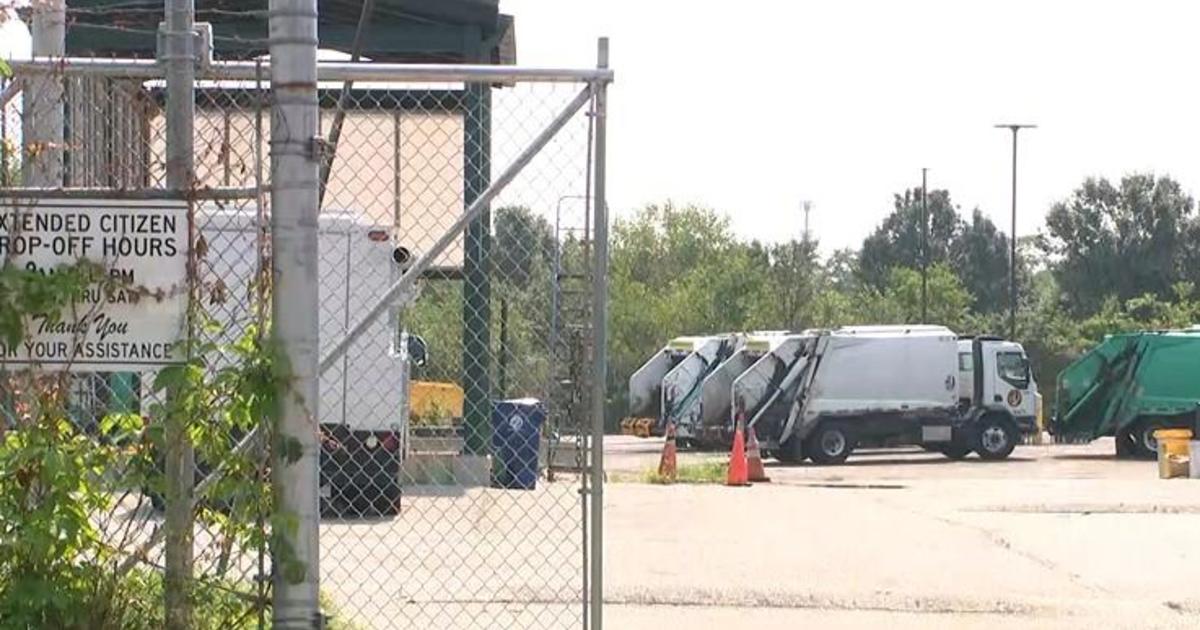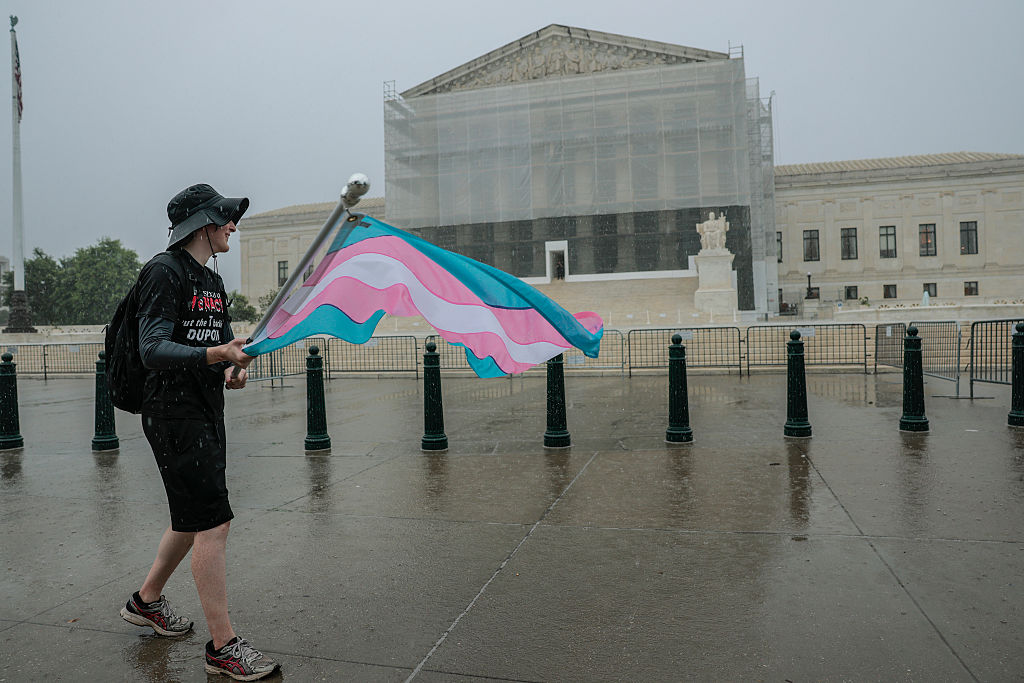Massachusetts climate change case against Exxon can proceed, court rules
A lawsuit by the state of Massachusetts accusing ExxonMobil of misleading the public about climate change can go forward, the state's highest court has ruled. Massachusetts' Supreme Judicial Court on Tuesday rejected a bid by ExxonMobil to dismiss the lawsuit.
The case, filed in 2019 by Massachusetts Attorney General Maura Healey alleges Exxon launched an effort, "reminiscent of the tobacco industry's long denial campaign about the dangerous effects of cigarettes," to deceive consumers and investors about climate change.
A lower court ruling previously rejected the company's argument that a state law shielded it from the lawsuit. The state's Supreme Judicial Court upheld that ruling on Tuesday.
A phone message seeking comment was left with Exxon, which has denied spreading disinformation about the contribution of fossil fuels to global warming. The company has previously called lawsuits attempting to hold it responsible for climate change disinformation "baseless and without merit."
"Greenwashing campaigns"
Lawsuits against fossil-fuel companies have proliferated in recent years as more research has emerged documenting theri role in casting doubt on climate-change science.
Research has overwhelmingly demonstrated that burning oil, gas and coal contributes to warming Earth's atmosphere and destabilizing the climate, with catastrophic results including increased flooding, extreme weather and more frequent heat waves.
When the research first became widely known in the 1980s and 90s, groups funded by the oil and gas industry worked to cast doubt on the role fossil fuels, and human activity generally, played in climate change. That's even though oil companies' internal research backed up the link between fossil-fuel emissions and global warming.
Now, more than two dozen cities and states are suing these companies over their role in clouding the science.
The Massachusetts lawsuit says Exxon engaged in a "sophisticated, multi-million dollar campaign" to sow doubt in climate science and downplay the link between fossil fuels and climate change. The lawsuit says Exxon also undertook "greenwashing campaigns" in an effort to portray itself as environmentally responsible.
"Rather than honestly disclose and mitigate climate change risks, ExxonMobil's misrepresentations about and failures to disclose those risks have delayed the needed transition to clean energy around the world and make these existential climate-driven threats to the global economy more likely to occur," the complaint says.
Healey called the court's ruling a "resounding victory" in the state's efforts to "stop Exxon from lying to investors and consumers."
"Exxon's repeated attempts to stonewall our lawsuit have been baseless, and this effort was no different," she said in a statement. "We look forward to proceeding with our case and having our day in court to show how Exxon is breaking the law and to put an end to the deception once and for all," she said in a statement.
"The reality and risks of climate change"
In a congressional hearing last year, Exxon's CEO, Darren Woods, told lawmakers that its public statements on climate "are and have always been truthful" and that Exxon has "long acknowledged the reality and risks of climate change" and "devoted significant resources to addressing those risks."
Lawyers for Exxon argued in court documents that the company's statements about climate change and energy policy were "protected petitioning activity" even if they were made to defend the company's reputation.
But the top court said the law Exxon claimed should protect the company in this case doesn't apply to government enforcement actions brought by the attorney general.
It's the latest twist in yearslong battle between Massachusetts and Exxon. The company previously unsuccessfully sued Massachusetts in an effort to block Healey's investigation into Exxon and climate change.



